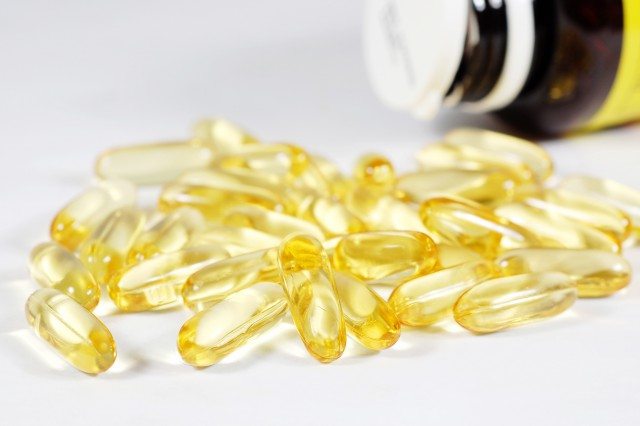Acute kidney injury is quite a common adverse effect that associates with coronary angiography and percutaneous coronary interventions.
Vitamin E may decrease the risk of acute kidney injury by up to 62% according to a meta-analysis of three randomized trials published in the American Journal of Kidney Diseases.
Contrast medium-induced acute kidney injury (CIAKI) is the third most frequent cause of hospital-acquired acute kidney injury.
CIAKI compromises about 10% of all in-hospital nephropathies and contributes to increased hospital length of stay and cost of care.
A decrease in antioxidant activity and direct cytotoxic effect of reactive oxygen species in experimental models have been implicated in causing CIAKI.
Previously, evidence indicated that the antioxidants N-acetylcysteine and vitamin C may prevent CIAKI.
Vitamin E is a fat-soluble antioxidant and it might similarly influence the risk of CIAKI.
Yousef Rezaei from the Iran University of Medical Sciences and Harri Hemilä from the University of Helsinki in Finland analyzed the findings of three randomized trials that investigated the effects of vitamin E supplementation against CIAKI.
Two of the trials were carried out in Thailand and one was carried out in Iran.
There was no heterogeneity found in the results of the three trials.
The benefit of vitamin E ranged from 52% to 75% protection against CIAKI and the pooled effect indicated a 62% prevention against CIAKI.
Since the three vitamin E trials were carried out in Thailand and Iran, it is not evident whether vitamin E has similar effects in Western countries.
“There are no concerns about vitamin E safety in short treatments such as the administration before coronary catheterization and the vitamin is inexpensive,” say the researchers.
“Therefore, the effects of vitamin E should also be investigated in Western countries to find out whether similar benefits can be observed.”










